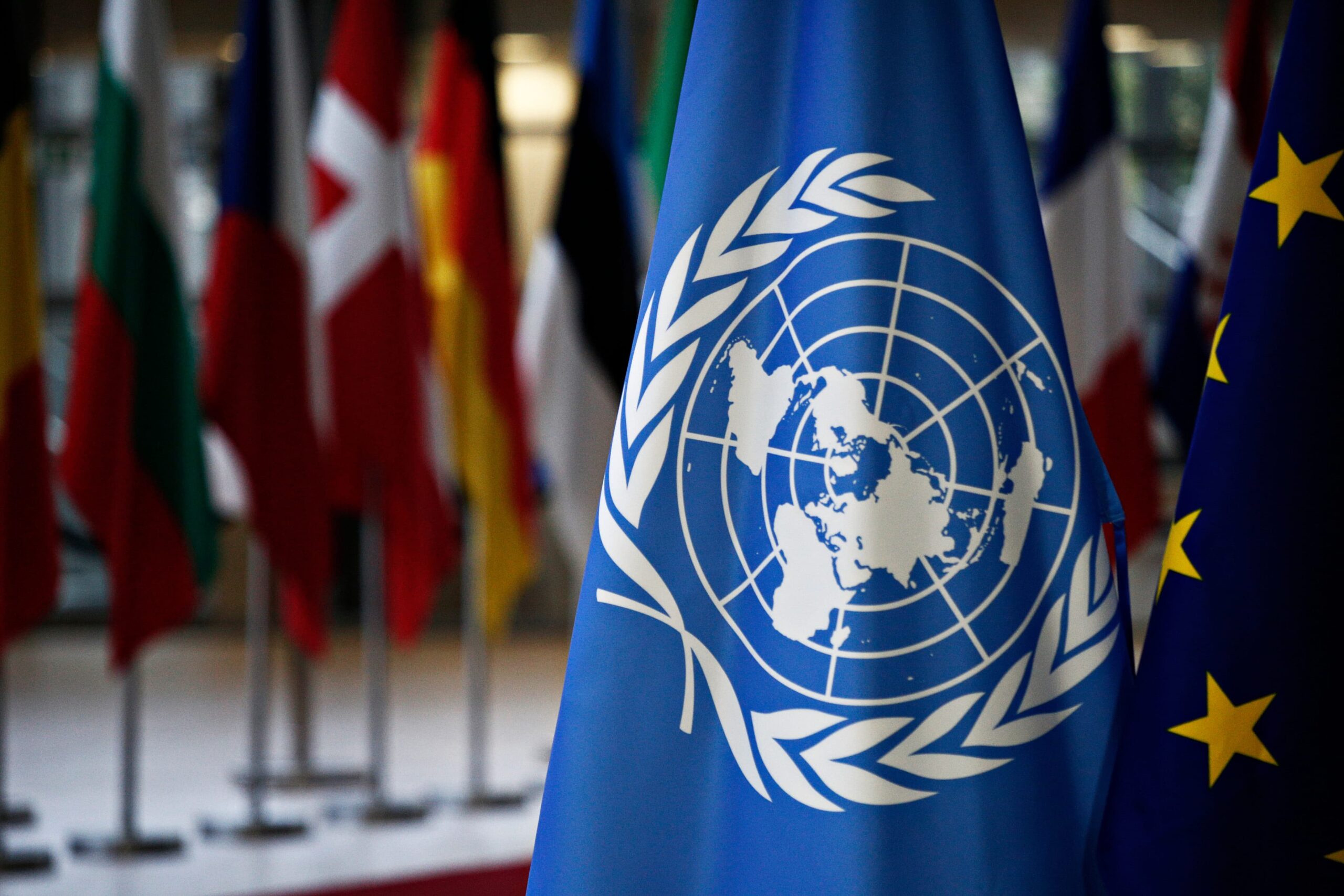
UN report dramatizes rise in global cannabis use
The UN has just released a report on cannabis that will no doubt look as alarming as it is outdated in the foreseeable future. The United Nations Office on Drugs and Crime (UNODC) has released its annual World Drug Report.
Here are the high-level takeaways—which are hard to read with a straight face.
- The legalization of cannabis appears to be increasing regular use of the drug. In earnest. If someone can buy something legally instead of risking criminalization through black market purchases, chances are they’ll buy more of it. However, even the UNODC has had to admit that the prevalence of cannabis use among teenagers “has not changed significantly”. In fact, legalization (in Canada and the US), not to mention the semi-legal markets in countries like Holland, hasn’t suddenly seen a surge in underage usage.
- The pandemic has (unsurprisingly) also increased usage. The world has just experienced an unprecedented shock not seen in a century. It’s no surprise that use of a drug that lowers anxiety and relieves many types of mental stress and illness could be on the rise.
- Cannabis is getting “stronger” in terms of THC content. This is a bogeyman. Yes, there are some new mass-market strains that could have higher THC levels than skunks grown outdoors by hippies back in the day. There are also popular cannabis strains with deliberately lower THC levels. This is another aged specter of prohibition that is long past its lifetime.
- Both cocaine production and opioid deaths in the US hit new records. While that may be true, it has little to do with the legalization or use of cannabis. In fact, the association in the UNODC report is alarming. Cannabis is increasingly being viewed in legitimate medical circles as a gateway drug to other, more harmful substances. No gate to them.
- “The proportion of people with psychiatric disorders and suicides linked to regular cannabis use has increased.” Don’t be alarmed by this type of anti-cannabis propaganda, even if it’s coming from the UN. There is no link between mental illness, let alone suicides, from regular cannabis use. In fact, for many people suffering from both physical and mental disorders such as depression and PTSD, cannabis use significantly alleviates the stressors that lead to self-destructive behavior.
The most recent study investigating such issues, released last year by the National Institutes of Health (NIH), admitted that they “could not demonstrate that cannabis use caused the increased suicidality that we observed in this study,” and that “These associations warrant further investigation.” The same study also found that adult cannabis use in the United States more than doubled between 2008 and 2019 — precisely the years when normalization became a multi-state political campaign .
It’s also worth noting that one of the most recent studies of cannabis and PTSD, which includes episodes of depression leading to suicide, found that cannabis use reduced PTSD symptoms so dramatically that many patients no longer met diagnostic criteria for the condition .
Even in the best of times, veterans are perhaps the population with the highest risk of suicide. By most national estimates, there are 22 veteran suicides in the United States every day. Deployed veterans serving in either Iraq or Afghanistan had a 41% higher risk of suicide than the general population. Even more intriguing, veterans who were not deployed had a 61% higher risk of suicide than the average.
It’s also worth noting that economic and other conditions have actually deteriorated for many people since 2008 – from the overhang of the global recession to a flat recovery.
COVID-19 was just icing on an already overloaded cake.
Using cannabis to relieve some of these symptoms seems like a very reasonable, logical, and increasingly legal option.
Global scaremongering and propaganda
While it’s not surprising that UNODC is producing this type of report even after the UN moved cannabis to a less dangerous drug list, including an apparent mimic of highly suspect US government data, it’s a telling development. This is the same kind of distortion and misapplied association that protracted the ban for so long.
Using the legalization of a drug in combination with a catastrophically disconnecting event like a global pandemic to evoke unfounded associations about cannabis use is disingenuous, to say the least.
Parroting a US national study that reached similar conclusions while being equally flippant on the data and association fronts is just another sign that the UN is still overwhelmingly influenced by US politicians — and those who are against reform – who will stop at nothing to try to stem the green tide of change.

Post a comment: